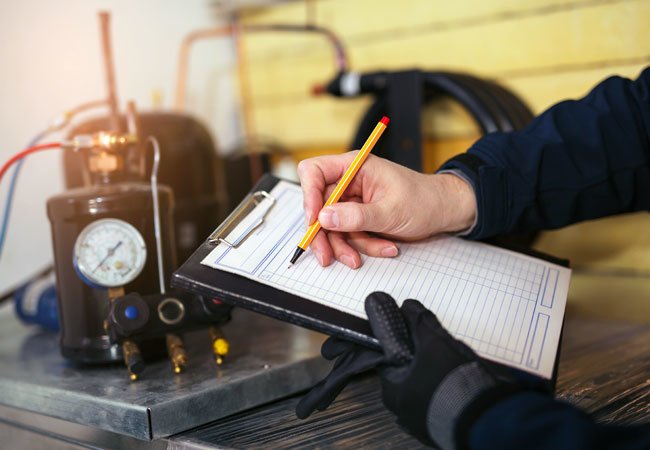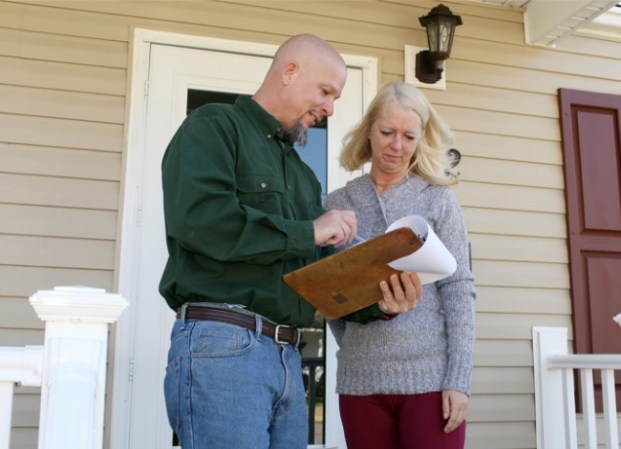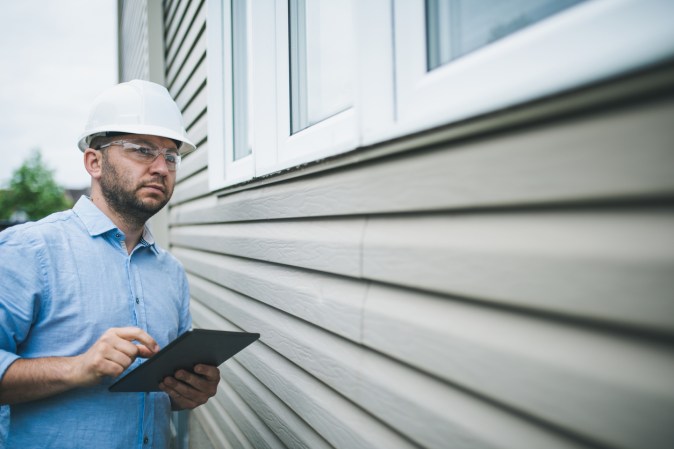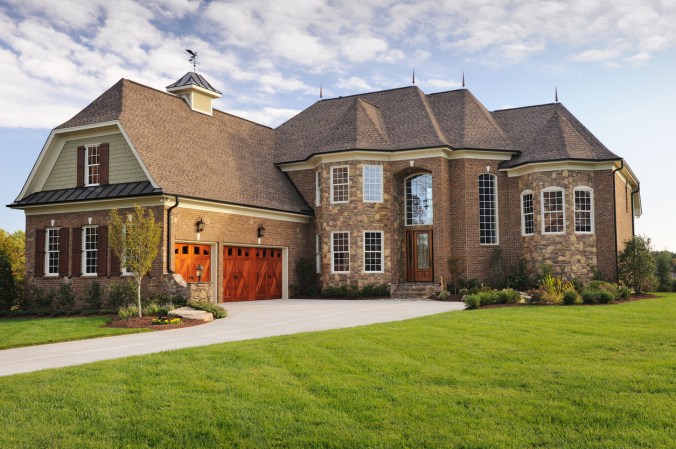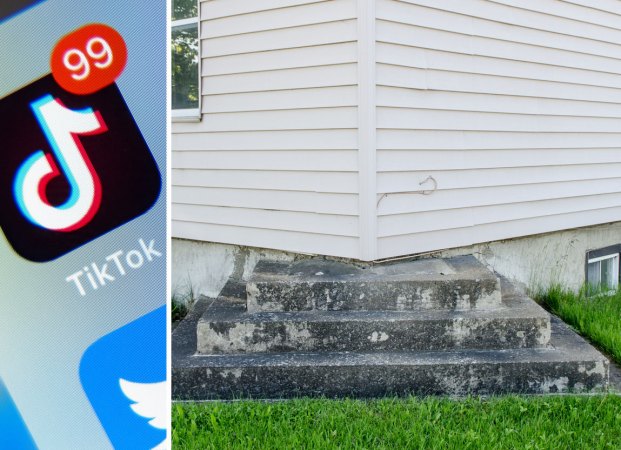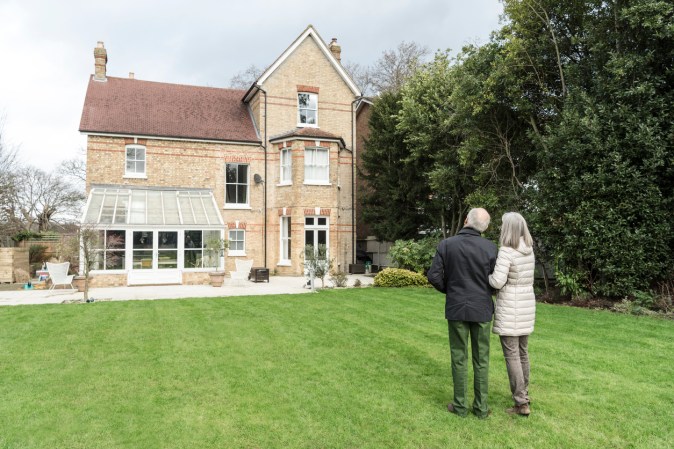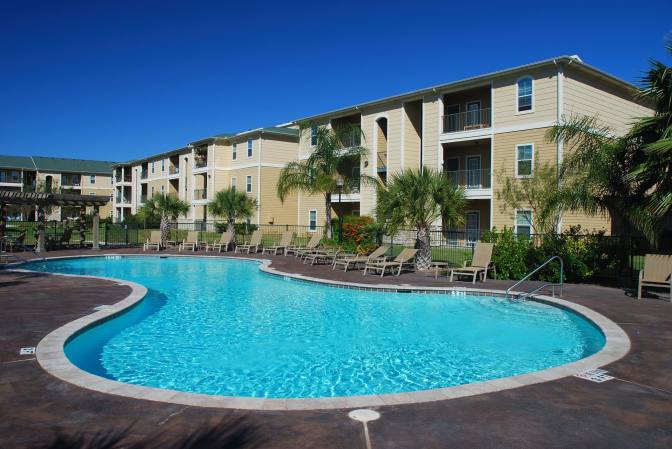We may earn revenue from the products available on this page and participate in affiliate programs. Learn More ›
Q: We’re selling our house, and we just had the inspection. The inspector found some mold in the basement, and we’re wondering if we need to remediate it before the new owners move in. What fixes are mandatory after a home inspection?
A: Both prospective buyers and sellers need to determine the mandatory fixes after a home inspection. This is one of the final and most important hurdles both parties must navigate before a property sale is complete. A home inspection is especially crucial when buying a foreclosed home, as abandoned or neglected properties can often come with hidden costs and necessary repairs.
Almost all buyers will ask for an inspection, and they may wonder what they can reasonably ask for concerning repairs. Conversely, homeowners who undergo inspection may wonder what is expected of them (and what repairs they can let go of).
Many factors help determine what fixes are mandatory after a home inspection. Ideally, both the buyer and seller can come to a mutually satisfactory agreement. To help, here are some important considerations to note about post-home inspection repairs.
Legally, there are no mandatory fixes after a home inspection.
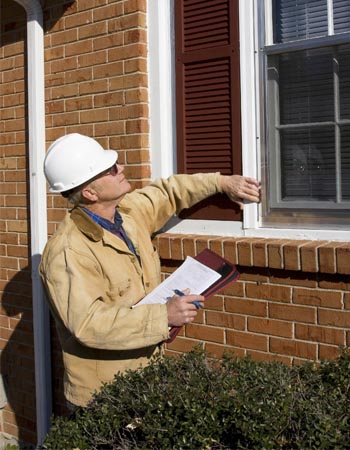
Assuming a standard purchase agreement is in effect, there are no obligatory fixes for a homeowner after a home inspection. According to the law, there are no legal ramifications if a seller does not make the requested repairs. However, the purchase agreement typically contains a contingency, which allows the buyer to walk away from the sale if the seller does not address home repairs.
“Mandatory” fixes, those that must be completed for a contract to process, will vary based on several factors. State laws (including seller disclosure laws), the types of repairs requested, and terms of the offer contract and/or financing can all determine what the homeowner is responsible for completing.
Generally speaking, repairs related to health and safety hazards are likely to be required to complete the sale. However, certain states allow sellers to list the property “as-is,” in which the seller is not responsible for any repairs in exchange for a reduction in the listing price.
Water damage and mold are common, especially in humid areas, and can be a health hazard.
Some of the most common home inspection issues are water damage and mold, especially in humid areas. Water damage can stem from roofing or plumbing leaks, as well as poor exterior drainage. Left untreated, water can impact the structural integrity of the home and allow termites to thrive. Damp and moldy homes can cause adverse health outcomes for occupants, such as wheezing and itching.
For this reason, many sale contracts require the seller to address water damage and mold. This often involves mold remediation, improving ventilation systems, and repairing any leaks (such as in roofs, walls, or plumbing) to stop mold growth. A homeowner can likely address small mold patches in a bathroom, but a professional will probably need to treat widespread or persistent mold to make sure it’s eradicated.
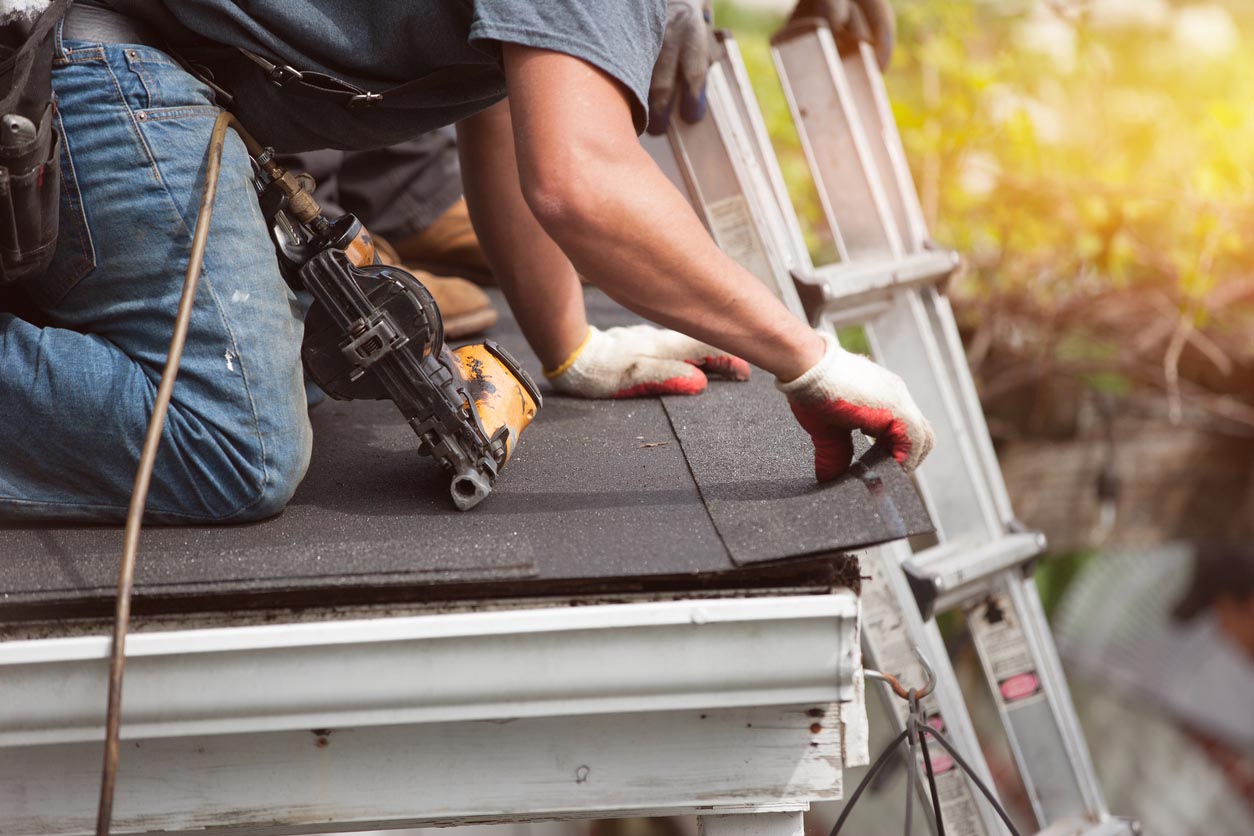
Structural or roofing issues need to be addressed immediately.
The home’s structural elements include the foundation, crawl space, basement, framing, and walls. Issues can develop during construction or natural disasters and can negatively impact the home’s structural integrity. While severe problems are rare, even minor ones should be addressed immediately to prevent any further issues.
Inspectors will also look carefully at the roof. Though minor issues such as a missing shingle can be quickly addressed after closing, more severe or widespread problems need to be brought up and taken care of immediately. Some common roofing issues include loosened or broken shingles, a roof near the end of its warranty period, exposed nail heads or incorrect flashing, and dry-rotting around the chimney and vent pipes. A lack of roof maintenance is also a common culprit of water damage in the attic structure.
Buyers will usually want any pest infestation controlled.
Carpenter ants, termites, cockroaches, rodents—pest infestation can range from simply annoying to structurally damaging. As such, most buyers will request that any pests are removed or controlled before closing.
While all pests should be treated, termite damage can be pervasive and expensive. Termites eat cellulose-based material like wood, so their habits can impact the integrity of the home. Therefore, it’s crucial to check for termites and address them as needed, especially if there is known or suspected water damage as some types of termites prefer moisture. Termite treatments and bonds only cost a few hundred dollars, but replacing damaged structures can cost a few thousand.
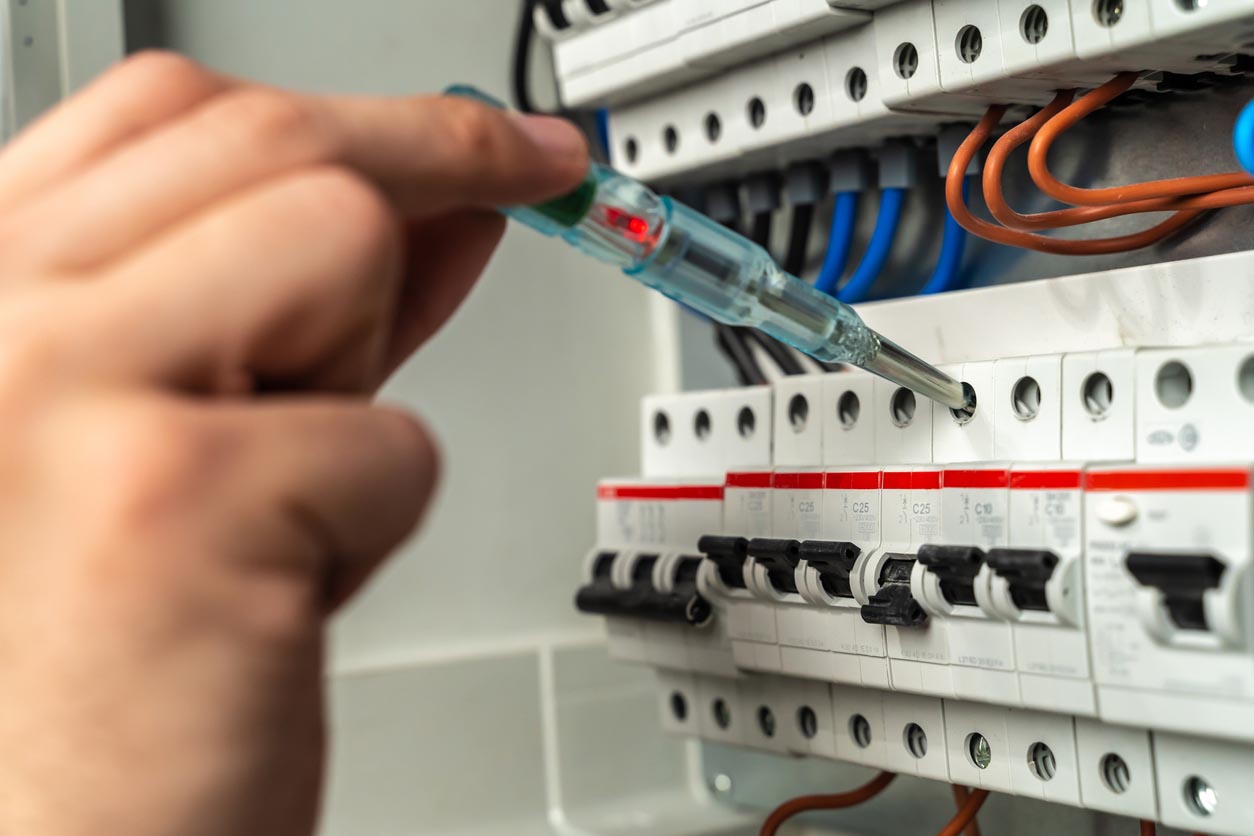
Electrical, plumbing, or HVAC issues can hinder a home sale.
Even if the house structures are well-managed, significant issues with electrical, plumbing, or HVAC systems may need to be addressed before closing. Important plumbing issues, such as longstanding or active leaks, can lead to additional problems such as mold and flooring damage. Similarly, electrical problems such as faulty wiring and loose outlets are a safety hazard for home occupants.
Common issues with heating and cooling systems include incorrect ductwork, efficiency issues, and age. Ductwork that is improperly installed can lead to dust and debris entering the attic or crawlspace, leading to both health and efficiency issues. Buyers and sellers can typically agree to replace a faulty or aged HVAC unit.
Asbestos or lead paint should be removed.
Asbestos and lead paint are both health hazards and thus should be removed before selling. This is a critical consideration when selling an older home, in which asbestos and lead paint are more common. Many contracts even have specific clauses about these issues, so homeowners must disclose everything they know.
Breathing asbestos can cause tiny asbestos fibers to get stuck in the lungs, leading to irritation and increasing the risk of several cancerous and non-cancerous diseases. Lead poisoning can also cause significant health problems, even in small amounts, and is especially dangerous for young children’s mental and physical development.
While making fixes after a home inspection can draw out the buying process, doing so also ensures everyone’s safety and satisfaction. It is recommended to hire a professional to address these repairs (especially for large-scale or significant fixes) and answer any questions that may arise in the process.


